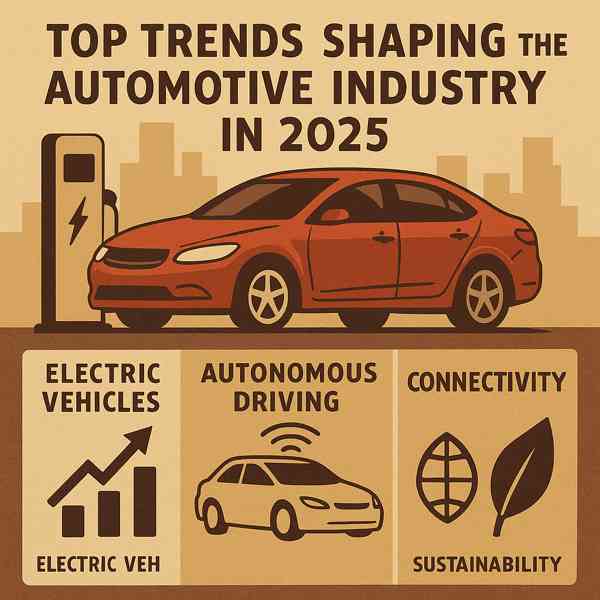Exploring Electric Vehicles: Benefits, Challenges, and Innovations
Exploring Electric Vehicles: Benefits, Challenges, and Innovations
Blog Article

As the world shifts toward sustainability, electric vehicles offer a cleaner solution to our mobility needs.
From compact cars and SUVs to trucks and motorcycles, EVs are available in more models than ever.
The Basics of Electric Vehicles
Unlike gasoline-powered cars, EVs produce cleaner transportation outcomes.
What powers EVs:
- Drives the wheels using electricity
- Stores the electrical energy
- Power electronics
- Charging system
Electric vehicles come in various types, such as battery electric vehicles (BEVs)—each with different levels of electrification.
Advantages of Going Electric
The rise of electric vehicles is fueled by their positive environmental impact.
What makes EVs attractive:
- Electricity is cheaper than gas
- Environmental sustainability
- Better overall driving comfort
- Financial perks for EV buyers
For eco-conscious and cost-aware drivers, electric vehicles are an increasingly responsible choice.
Challenges of Electric Vehicles
Understanding the limitations of electric vehicles will help you make an informed decision.
Potential drawbacks to keep in mind:
- Limited driving range
- Charging infrastructure gaps
- Though often offset by long-term savings
- Battery lifespan and replacement
As technology advances and infrastructure improves, many of these challenges are becoming less significant.
Different Kinds of EVs on the Market
Not all electric vehicles are the same.
Main types of EVs include:
- Fully electric with no gas engine
- Plug-in Hybrid Electric Vehicles (PHEVs)
- Self-charges through regenerative braking
- Fuel Cell Electric Vehicles (FCEVs)
Each type has its pros and cons, so buyers should choose accordingly.
EV Charging and Infrastructure
Charging an electric vehicle is part of everyday ownership once you understand your options.
Types of EV charging stations:
- Slow but accessible anywhere
- 240V outlet at home or public stations
- Can charge 80% in under an hour
- Wireless or inductive charging (emerging tech)
As public charging networks expand, EV owners will enjoy even more visit support and reliability.
The Future of Electric Vehicles
Electric vehicles are here to stay.
Trends shaping the future include:
- Higher energy density and faster charging
- Turning cars into energy assets
- The future of hands-free travel
- Expansion of affordable EV models
As innovation continues, EVs will become more mainstream and essential.
The Road Ahead for EVs
Electric vehicles represent a major shift in how we think about transportation.
From environmental benefits to cutting-edge tech, electric vehicles offer a exciting alternative to traditional cars.
Report this page